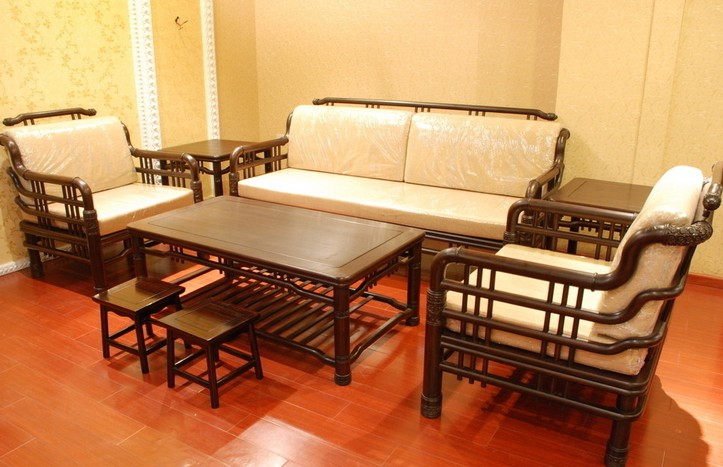The furniture experience hall is a key factor in achieving five major advantages. According to a report from USA Today’s Furniture Magazine, the top 30 online furniture retailers in the U.S. generated over $80 billion in sales in 2013. ComScore, an internet traffic analytics company, noted that online furniture sales in the U.S. have been growing steadily since 2010, reaching $92 billion last year. This accounts for 3.9% of total furniture sales in 2013. In contrast, according to the Speed Chart Institute, China's home furnishings market reached 1.8 trillion yuan in 2013, with online sales at 70 billion yuan, also representing 3.9%. Zhu Changling, president of the China Furniture Association, once stated, “As B2B, B2C, and C2C e-commerce models mature, consumers are increasingly demanding experience, service, and trust. The O2O model—online orders with offline experiences—addresses the limitations of pure e-commerce. It focuses on service marketing, opening up new markets, increasing profits, and offering more convenience and benefits to consumers. Simply relying on online or offline sales alone won’t be sustainable. Therefore, combining both models is the ultimate direction for the entire home industry.†On August 23, Lin’s first O2O furniture experience hall will open in Foshan. As competition in the furniture e-commerce 020 space intensifies, the question remains: How can Lin’s wood industry break through and stand out? There are still five critical questions to be answered. Is the furniture experience hall being laid out nationwide? How many consumers can an offline experience hall effectively reach? How often can someone in Beijing actually visit a Foshan store to inspect products? If the layout isn’t well planned, traditional furniture companies may end up just upgrading their physical stores without much difference from e-commerce platforms. Take Melaleuca as an example. In April 2011, the first home experience museum opened in Chengdu, marking the beginning of its "dual platform O2O" model based on offline experience centers. To date, Melaleuca has established over 300 experience halls across the country, covering nearly 200 cities. Does Lin’s Wood Industry need to match this scale? Regarding the store layout, Wang Xingang, chairman of Yuanmei Home, suggested a strategy of “large city small shops, small city independent stores.†While Lin is an online brand, it may not need such a dense network. However, setting up experience halls in relatively independent areas means they serve more than just product inspection. This naturally leads to the next point. The success of the furniture experience hall depends not only on location but also on how well it integrates with the online experience. A strong O2O model requires seamless customer journeys, where the offline experience drives online engagement and vice versa. For Lin’s, the challenge is to create a compelling hybrid model that adds real value for customers and differentiates itself in a crowded market. kitchen cabinet,modern kitchen, black kitchen,white kitchen cabinets Guangdong Planet Cabinetry Co., Ltd. , https://www.cnplanetcabinetry.com